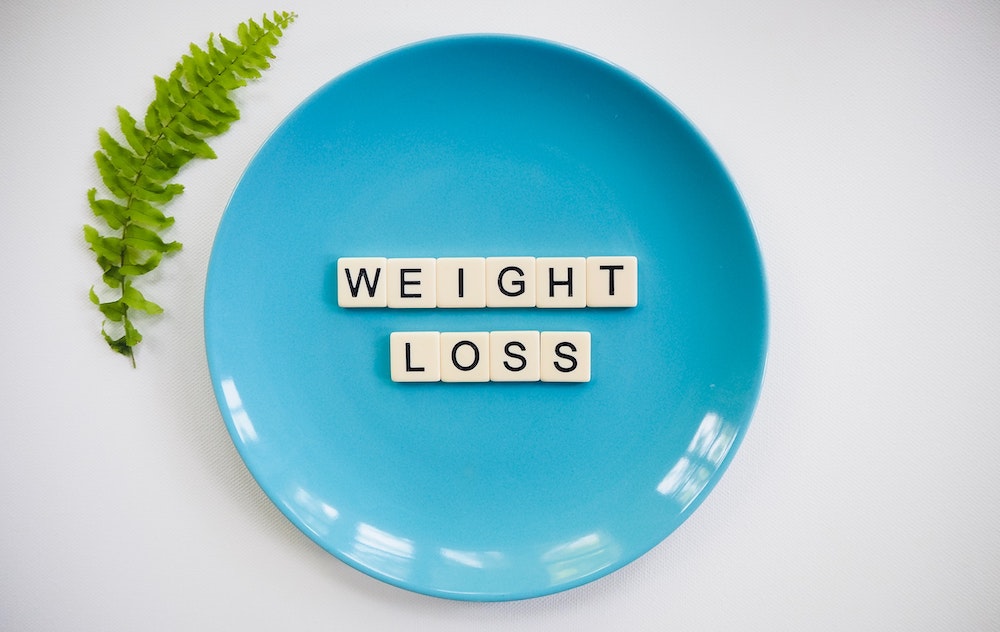Not losing weight on a Ketogenic Diet?

Ketogenic diets have gained a lot of popularity over the last few years. The popularity is due to the effective weight loss that can come following such a diet, and also new research around the positives of consuming fat in our diets and detrimental effects of high carb intake.
But what if you are not losing weight on a Keto diet? What could be going on?
Ketogenic Diets are a low-Carb, Moderate Protein and High Fat diet that focus on using our stored body fat and dietary fat for energy, in the form of ketones instead of glucose. So lets look at some common reasons that might be impairing your weight loss if you are following a keto diet.
You are not actually in ketosis
Many people following ketogenic diets but do not track their ketone production and therefore are not 100% sure whether they are achieving Ketosis. I personally don’t get my clients to track ketones unless we are not achieving the desired outcome.
So how do you track ketones? There are a couple of ways to do it. The easiest and cheapest is keto sticks, which you pee on morning and night to measure you ketone levels in the urine. Using a blood ketone meter is the most accurate way to track your blood ketone levels, you want to be seeing over 0.6mmol/L of BHB (Beta-hydroxybutyrate).
You are not restricting your carbohydrate intake enough
It is important to note that we are all so different and our dietary needs are different as well, so for some individuals they are able to achieve ketosis at 50g of carbs per day where others need to limit their intake to 20grams daily. Starting around the 50g per day mark and lowering or increasing your intake whilst tracking your ketones is a great way to start a keto diet.
You are eating too much protein and not enough fat
Protein and carbohydrates both increase insulin levels, elevated insulin levels are associated with weight gain so ensuring you are keeping your protein levels within a good range, generally 60-90grams per day dependent on height and exercise, is ideal.
Ensuring you are consuming enough good quality fat per day is very important, your body needs dietary fats to convert into ketones for energy.
High Stress
Stress is a big player in all areas of health and it is well known high stress can lead to weight gain or inability to loose weight. Stress increases cortisol levels, increases appetite, in some cases, and can decrease insulin sensitivity in tissues. Decreasing insulin sensitivity can lead to elevated blood sugar level. High blood sugar levels are toxic to our bodies so as a protective mechanism sugars are stored in the form of glycogen as well as lipids in fat tissue. Stress management is a key factor for anyone wanting to loose weight and improve their general health.
Eating too frequently
Ketogenic diets are well known for ensuring those following the diet are well satisfied and not starving themselves to loose weight. Eating 2-3 meals per day and not snacking is relatively easy when following a keto diet well. Snacking frequently on a keto diet can impair the fat burning benefit of the diet so try limiting your snacking and if you are finding that you are still hungry it is worthwhile tracking your macro’s to ensure you are getting a well balanced intake of fat, protein and carbs.
Tips to help support your weight loss journey on a Ketogenic Diet
- Track your food intake using an app such as Senza
- Ensure your Macro intake it suitable for you
- Drink plenty of water
- Reduce stress where possible
- Good quality sleep is also very important
xx
Abbie
Leave a comment